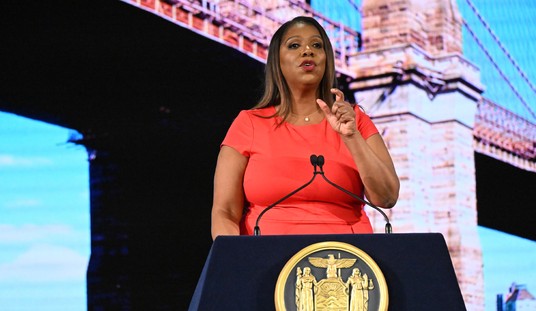Late last month the U.S. Government Accountability Office (GAO) issued a Postal Service Reform Primer purportedly to explain to policymakers how the Postal Service works and why it needs reform. Strangely though the GAO report doesn’t provide great guidance.
Known as the “congressional watchdog,” the GAO is a 100-year-old legislative agency created to provide audit, evaluation and investigative services for the U.S. Congress. However, their latest report doesn’t offer much in terms of auditing and evaluation but instead seems more like a progressive Postal Service wish list.
At present, 49% of all mail on planet earth is delivered by the USPS. Under the terms of the 1970 Postal Reorganization Act our postal service is supposed to be self-sustaining, operating primarily with revenues generated by the sales of postage and postal delivery related services. The main mission of the Postal Service – since its inception – has been to serve the entire nation from Anchorage to Bangor.
The recommendations of the GAO go far afield from the mainstream goals of keeping the Postal Service focused on its main (and constitutionally mandated) objective: delivering mail and packages throughout the U.S. which is especially critical to rural Americans.
First, the GAO’s report asks Congress to reconsider the so-called universal service mandate – the requirement that the Post Office serve every American across the U.S. Our framers included Postal Service in the Constitution to do precisely that – not merely to serve major metropolitan areas or the most readily accessible. Ending this level of service would be a major change and could imperil the USPS’s broad acceptance among the American people.
Recommended
Second, the report questions the goal that the USPS be self-sustaining. Apparently in GAO’s world the pay-as-you-go model is a thing of the past. With all of the other expenditures happening in Washington (that our children and grandchildren will pay for) adding the USPS to the bill may seem appropriate to the GAO staff. But America can’t afford to go in this direction. Our postal service absolutely should be directed to examine its bottom line and work as much as possible to tighten its own belt.
If Congress simply offered to fund the USPS, there would be no incentive for efficiency or good customer service. If you think the USPS is presently an example of bureaucracy and wastefulness, wait until it has the seemingly unlimited purse of the federal treasury.
Finally, the report asks whether or not the USPS should be “re-imagined.” What would that mean? According to the GAO: Ending delivery six days a week, closing rural post offices, and following the lead of Europe and Australia in re-organizing the USPS by having the Postal service provide non-postal services.
Reducing delivery dates and times would not enhance the Postal Service’s status with the American public. In fact, it would likely make the problem worse as well as exacerbate the declining financial situation of the USPS.
Closing rural locations would also have a similar effect and moreover erode public support for the continued existence of the Postal Service. Further, ending the ability of those in distant parts of the U.S. to have the ability to ship products and send mail at an economical cost would create a hardship for those who live in those areas.
Private sector delivery services thrive in dense metropolitan areas, but they charge prohibitively priced rates for those not within these zones. The USPS is a lifeline for these Americans who aren’t city dwellers – the very rationale for our founder’s decision to include the postal power in our Constitution and a key driver for Congress’ statutory framework over the years to ensure nationwide service.
Perhaps though the most bizarre among the ideas in “re-imagining” the postal service is having the USPS offer completely non-postal services. These include monitoring air quality and pollution levels, reporting cellular and wi-fi signal coverage and performance, banking and financial services and becoming an email service provider.
Each of these services are broadly available in the private sector and the GAO report doesn’t offer any guidance on how the USPS could enter these markets with its existing skill set. In other countries, shifting the postal service into new markets hasn’t improved mail delivery or lowered costs.
Which leads to an important question. Why doesn’t the report highlight activities of the postal service that could be augmented? One of the most profitable parts of the USPS revenue stream is related to package delivery (particularly to distant parts of the U.S.). Why not encourage the USPS to be as aggressive as possible in expanding this line of activity?
At present our postal service has an efficiency advantage in package delivery since it already goes to every household in America six days a week. Taking more packages along the way can be done competitively to boost the bottom line of the postal service.
The fact that this primer fails to highlight this point is quite telling. It is strange that suggesting that the Post Office do more of what it already knows how to do isn’t at the top of the list in this report.
Horace Cooper is a senior fellow at the National Center for Public Policy Research.

























Join the conversation as a VIP Member